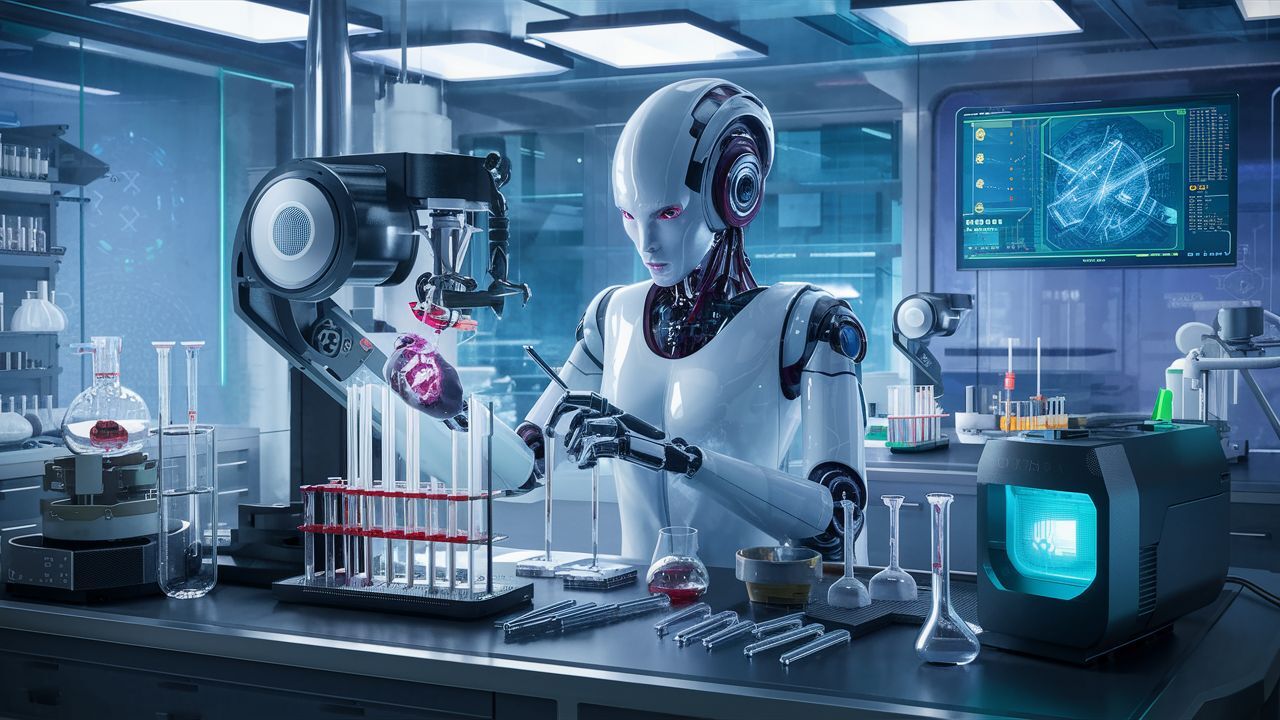Current AI models like ChatGPT are trained solely on data. Although they are efficient, they do not understand the rules of the physical world, which prevents them from solving complex problems. A new study published in the journal Nexus proposes an “informed machine learning” framework that addresses this limitation.
This system incorporates human-defined rules, such as the laws of physics, into the learning process of artificial intelligence. So how much weight should these rules have compared to the data itself? This is where the system comes into its own. It can evaluate the relative value of each rule, optimizing the model’s training process and ultimately its performance.
Researchers have successfully used this system to solve a variety of scientific problems. They have used it to train AI models to solve complex mathematical problems, optimize chemical experiments, and even analyze data from thin-layer chromatography experiments to predict future experimental conditions.
In the future, researchers aim to create a user-friendly tool for AI developers and ultimately achieve truly self-learning AI.
Source: Ferra
I am a professional journalist and content creator with extensive experience writing for news websites. I currently work as an author at Gadget Onus, where I specialize in covering hot news topics. My written pieces have been published on some of the biggest media outlets around the world, including The Guardian and BBC News.










